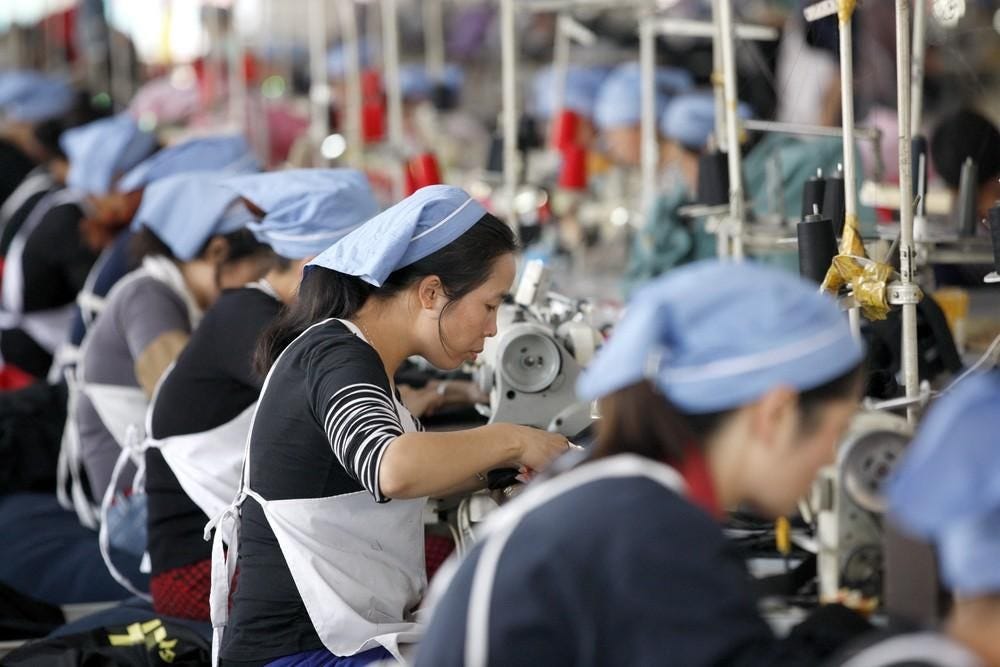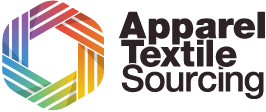Blockchain has started to transform the operations of many businesses around the world. It makes the textile, apparel, and footwear industries more transparent.
What is BlockChain?
It is a group of blocks carrying digital information. The blocks have information related to transactions, such as the date and time of operations, and other related data (consumer profiles, purchasing behaviors). Each one of the blocks contains a unique set of data that can be identified by a “HASH” code algorithm.
Also, Blockchain is a decentralized, distributed ledger that stores transactions sequentially. It can be thought of as a database that is shared across a public or private network.
Each user on the network has a copy of this shared database, preventing malicious users from modifying the content of the database. This database, or ledger, is append-only; you can only add to it but not change anything after the fact, because of blockchain’s decentralized nature. It can provide a peer-to-peer network that does not involve any intermediaries or regulating authorities (banks, government, unions).
Transaction records on a blockchain can be used to identify the owner of a value item. Transfer of ownership happens through subsequent transactions, and this fact can be used to build a chain of ownership or authenticity. This data cannot be changed nor corrupted.
Transparency
Blockchain, with its power of transparency, can do more than you can imagine. This is the era of smart technologies, and every consumer, retailer, supplier, and manufacturer wants transparency in their products. A consumer today wants to know about the history of the products and wants to ensure its authenticity.
Brands are increasingly confronted with the rise of the “conscious consumer”, who questions the environmental footprint of textiles, apparel, and footwear. Exploring the social conditions in factories and calls for greater transparency and sustainability. Indeed, opaque and unethical practices entail substantial reputational risks, with the potential to affect corporate profitability, brand equity, and operational capabilities.
Advanced technologies, such as blockchain, artificial intelligence, and internet of things (IoT), provide an opportunity to increase traceability and sustainability through the creation of a common source of verifiable information on transactions, accessible to all supply chains parties, regardless of their location, so long as they have access to the Internet.

Solutions using Blockchains:
Blockchain Technology can be extremely useful in the following ways:
1) Avoiding product flaws in the supply chains: The process will be completely transparent, thus keeping track of everything from production to delivery.
2) Increasing the overall quality of products and efficiency in the manufacturing process. Brands can identify weak links in their operations, such as a supplier providing faulty materials or a production department not adhering to defined quality standards.
3) Promoting direct business to ensure authenticity: The speed of a blockchain network can verify the authenticity of the goods within microseconds of arrival. The removal of middlemen increases the speed, efficiency, and quality of goods.
4) Sealing information: Data is completely protected in the blockchain’s database. There isn’t any central in-charge.
5) Minimizing the costs: Blockchain utilizes algorithms to select the right suppliers; it can also reduce the cost of production and delivery. When the raw materials arrive at the supplier, it is automatically registered into the system.
Supply Chain Management
Blockchains new technologies can radically change the way apparel is produced, warehoused and delivered: filling the gaps in reliability; enabling transparency in the supply chain management.
This new technology overcomes these problems by establishing a chain of transactions. For each virtual or physical good, there will be a complete list of transactions, leading all the way to the origin of an item (and its component parts). Data cannot be controlled or manipulated by a single party.

Whether it is the supply of raw materials or shipment to the end consumer, the supply chain industry is still rife with inefficiencies and mismanagement. The use of blockchain, however, will make practices less opaque. Suppliers trying to alter any record will be identified immediately.
By the use of blockchains networks, big and small apparel brands have easier transition points. This means automation and scalability will not be limited to direct suppliers and geographical locations. More versatility is achieved.
Blockchain will help to eliminate human error, which in turn will minimize delays and reduces costs.
Using blockchain along with Internet-of-Things (IoT) technologies such as RFID (Radio-frequency identification), raw materials can be tracked from their source to the production factory all the way to finished products. Distribution networks then deliver these to the retailers. The origin of each item can be tracked, and substandard materials can be rooted out at the source.

Consumers will have access to tracking tools like data on swing tags and barcodes so that they can directly follow the whole supply chain and production process to ensure its authenticity.
IP (Intellectual Property) Protection
One of the major challenges in most industries is counterfeit products flooding the market. This lowers profits for the established brands, and also reduces the quality of items, thus damaging the brand’s reputation.
Another challenge is shipment tracking and timely delivery of products with the right specifications. By implementing Blockchain a majority of these problems are minimized.
Using blockchain, manufacturers and designers can protect their brands against counterfeiting. For each fashion item, its origin and ownership can be tracked all the way to its source. Counterfeit product or replicas will not have an authentic chain of records, and can thus be easily rooted out.
Conclusion
Blockchains will allow access to all aspects of the supply chain, making the process efficient, user-friendly, and reliable, with reduced costs. With this revolution in the apparel industry, blockchains have already been recognized as the “next big thing”. Many brands have already started to embrace this technology and have adopted it in its initial stages.
Apparel companies can securely communicate with consumers about the complete product story for every single item. Blockchain technology will foreseeably transform the technological advancement of supply chains in the fashion industry.
Blockchain technology will become more and more standard procedure as technical awareness among consumers and businesses increases.

